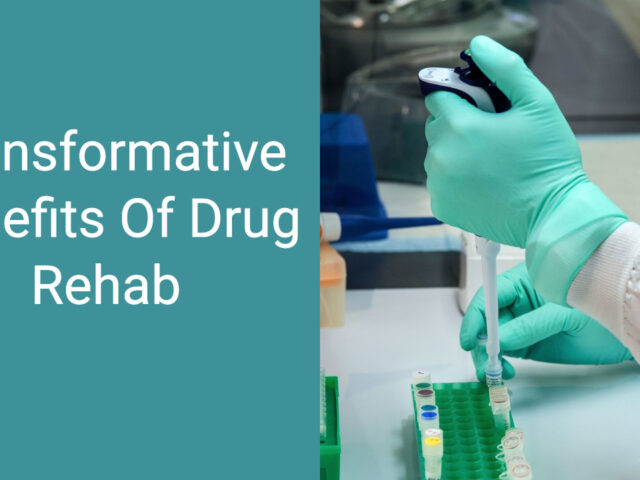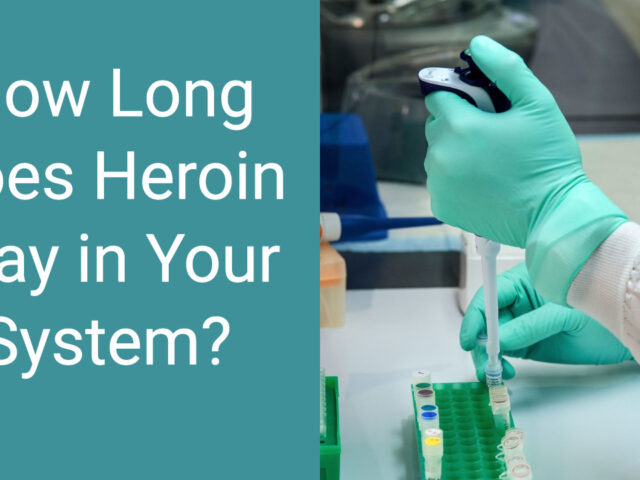
EMDR Therapy
Eye Movement Desensitization and Reprocessing (EMDR) Therapy is a modality of mental health treatment that helps someone move through unresolved trauma through visual stimulation. This therapeutic method helps lessen the severity of the emotional pain and grief that’s associated with a traumatic incident, and it’s impact on mental health.
What Is EMDR Therapy?
At the time, Shapiro was working with individuals suffering from PTSD who had experienced severe trauma. In her findings, she noticed that when residents made lateral eye movements while explaining their traumatic experiences and feelings, they found relief from it.
Over time, this practice progressed to affect hundreds of people suffering from mental health issues. EMDR organizations have been developed to certify practitioners to conduct EMDR Therapy sessions and numerous mental health clinical studies have been conducted. In addition, the American Psychiatric Association and the U.S. The Department of Defense has recognized this therapeutic tool as an evidence-based form of trauma-informed mental health treatment.
Today, EMDR is not just used for PTSD, but various other issues, including substance abuse.

What Happens in an EMDR Therapy Session?
During an EMDR therapy session, the certified EMDR therapist will have the client recount different aspects of a traumatic experience that are associated with strong emotional reactions.
During this time, the certified EMDR therapist will use stimulating sights where they may move their fingers back and forth, or use an EMDR light bar where an LED light moves back and forth, while the client follows the movements with only their eyes. Other practitioners use a handheld device that vibrates or taps the back of the resident’s hands.
These movements create the “Eye Movement” portion of EMDR, which is known as bilateral stimulation. When this happens, both sides of the brain begin to work together to process the trauma and negative emotions associated with the subject matter.
This type of simulation happens until the resident reaches a point where they don’t experience the overwhelming flood of emotions and associations with the event.
EMDR For Addiction and Mental Health Issues
Many believe that addiction forms out of past negative life experiences and traumatic events that negatively impact one’s mental health.
While not every traumatic event has to be life-altering, what’s traumatic to one person, may not be traumatic to another. These negative thoughts and traumatic events can include being involved in a violent crime, witnessing a violent crime, sexual, emotional, physical and verbal abuse, natural disasters, the divorce of a parent, or an event such as moving to another country as a child.
No matter what the case may be, it’s important to understand that these events all created disturbing reactions, mental health conditions and feelings for the individual who experienced it.
Many believe that addiction results from a person’s inability to cope with that situation, turning to drugs and/or alcohol to cover up the pain of the trauma. These risk factors can also develop into mental health issues including anxiety and depression resulting in a dual diagnosis when paired with substance abuse.
Eye Movement Desensitization and Reprocessing (EMDR) Therapy can help treat and heal many of the symptoms associated with addiction and co-occurring disorders. Those with high anxiety, excessive worry, depression, and even processing cravings for alcohol and drugs, by using the skills of EMDR therapy to address other underlying issues, a psychological dependence on drugs or alcohol can be removed.

Benefits of EMDR in Addiction Treatment
Benefits of EMDR Processing can include:
- Decreased anxiety and depression
- Decreased emotional disturbance of the traumatic memory
- EMDR aims to enable clients to reframe the traumatic event and lessen it’s impact on current functioning
- The phases are organized and structured
Phases of EMDR For Addiction
During EMDR, the entire treatment involves eight stages that involve memories, triggers, and future challenges. The eight phases include the following:
History and Treatment Planning
This phase of counseling typically happens in the first two treatment sessions. Information is gathered regarding the history and background of the client and target goals and objectives are addressed for therapy.
Preparation
Before starting EMDR, the therapist explains to the client what will happen during the treatment. A “safe place” is typically created to guide the client to positive feelings. This can help the client create comfort if a session is particularly uncomfortable.
Targeting the Memory
During this phase, numerous objectives are identified including discussing the traumatic experience and negative associations with it. This helps the client to develop a more positive approach towards a negative experience. The client and therapist work together to rate the current feelings surrounding the event and different approaches to handling the feelings.
Desensitization
In this phase, participants engage in bilateral stimulation, processing details of the event while engaging in eye movement techniques to gain deeper awareness and insight.
Installation
The installation phase helps to reprocess the negative emotions by creating positive feelings around the event. The therapist questions the resident about the positive feelings to see if anything has changed. Following this, a new set of eye movements happens.
Body Scan
Here, the therapist makes sure the client is not holding onto any stress or physical pain that is associated with the identified memory. If the client has any unresolved physical tension from the memory, a new set of eye movements are conducted.
Support
Once the actual eye movements have been completed, the therapist offers support towards the client.
Re-evaluation
This is the final phase of EMDR treatment. At this point, the therapist and client review the process to make sure the objectives were reached and the strategies for coping were worked.
If any more issues need to be addressed, the client and therapist return to the appropriate phase and continue to work through them.
Once the objectives of therapy have been met, EMDR is no longer needed.

EMDR Therapy in Palm Springs
At California Behavioral Health, we aim to foster a sense of empowerment in our residents as they journey through recovery. One of the key therapies we offer is EMDR (Eye Movement Desensitization and Reprocessing) for addiction treatment. This therapy is particularly effective in helping residents process traumatic events that may have contributed to their addiction. Our range of services is comprehensive, including EMDR and various other therapeutic modalities.
Key aspects of our approach include:
- Personalized Accommodations: Every resident at our facility is provided with their own private bedroom and bathroom, ensuring a personal and comfortable space that supports the healing process.
- EMDR Therapy: A crucial part of our treatment program, EMDR helps residents address and process underlying trauma, which is often a key factor in addiction.
- Holistic Treatment Options: We offer a diverse range of therapies to cater to the different needs of our residents.
If you or a loved one are struggling with addiction or mental health issues, we encourage you not to delay seeking help. You can reach out to us at 855-404-2172 for support and to start on the path to recovery in a setting that respects your privacy and individual needs.
Frequently Asked Questions For EMDR Therapy
Who Is EMDR Therapy For?
EMDR therapy, or Eye Movement Desensitization and Reprocessing therapy, is a powerful therapeutic approach designed for individuals grappling with various mental health disorders. It is particularly beneficial for those with PTSD symptoms, as it helps the mind heal from psychological trauma.
EMDR therapy is also applicable for individuals battling eating disorders, aiding them in addressing the underlying issues contributing to their condition. Essentially, anyone ready to begin therapy and work through their emotional distress can potentially benefit from EMDR therapy.
Is EMDR Helpful in Treating Post-Traumatic Stress Disorder (PTSD)?
EMDR is a highly effective psychological treatment method primarily used for alleviating distress associated with traumatic memories. It’s particularly beneficial for those suffering from Post-Traumatic Stress Disorder (PTSD).
In EMDR sessions, individuals are guided to reprocess traumatic information until it is no longer psychologically disruptive.
This therapy has shown significant success not only in treating Post-Traumatic Stress Disorder (PTSD), but also in addressing other forms of chronic distress. By helping individuals to reframe and take control of their traumatic memories, EMDR can help treat Post-Traumatic Stress Disorder, and generate profound changes in how these memories impact their lives.
How Long Does An EMDR Session Typically Last?
An EMDR session typically lasts between 60 to 90 minutes. The duration can vary depending upon the individual’s specific needs and the nature of their mental health conditions.
This therapy, administered by a certified EMDR therapist, is designed to alleviate the distress associated with traumatic memories. It can be particularly effective in combating negative thinking, which is often a symptom of various mental health disorders. Remember, it’s crucial to consult with a professional to understand if EMDR is the right therapeutic approach for you.










